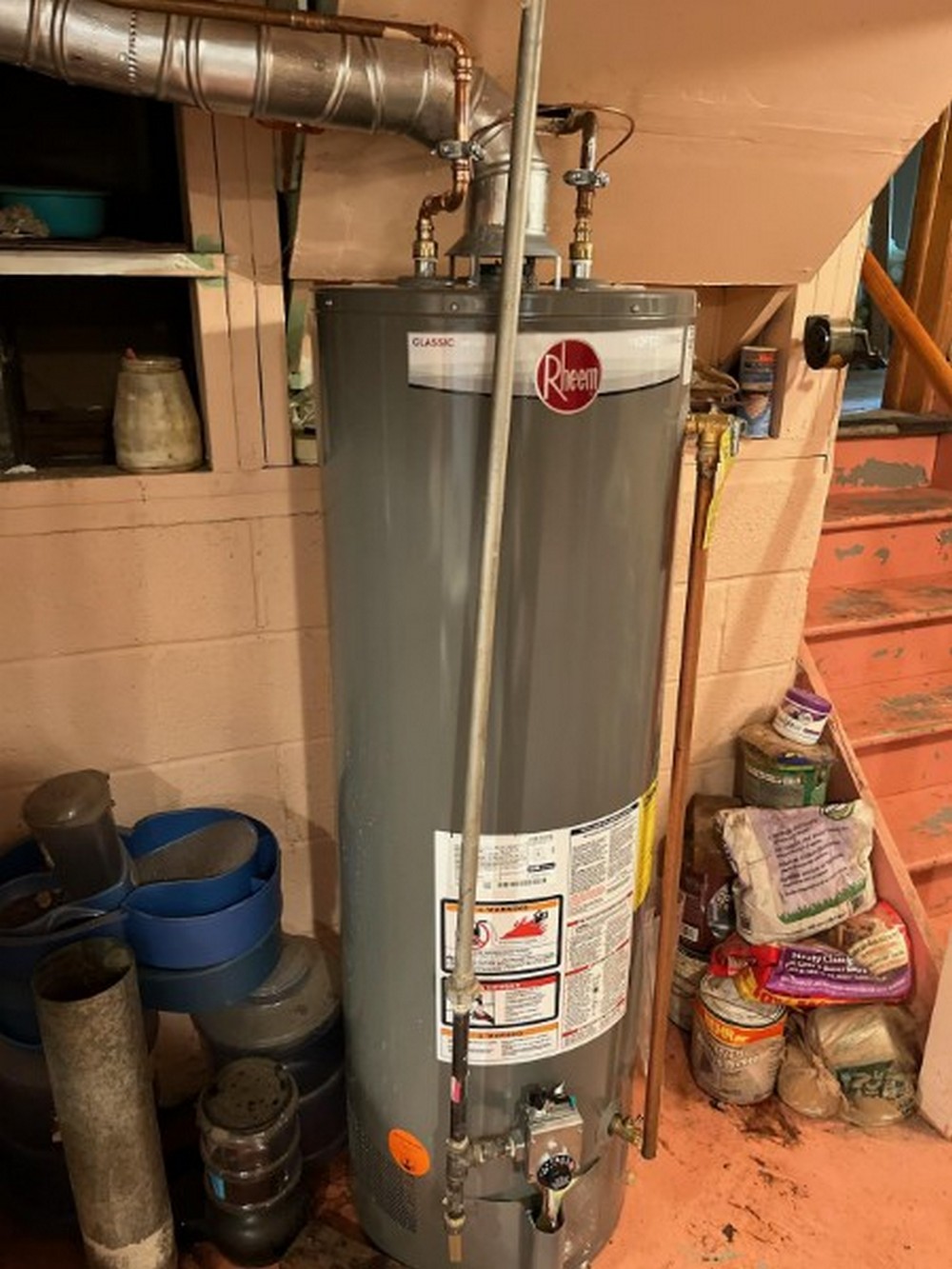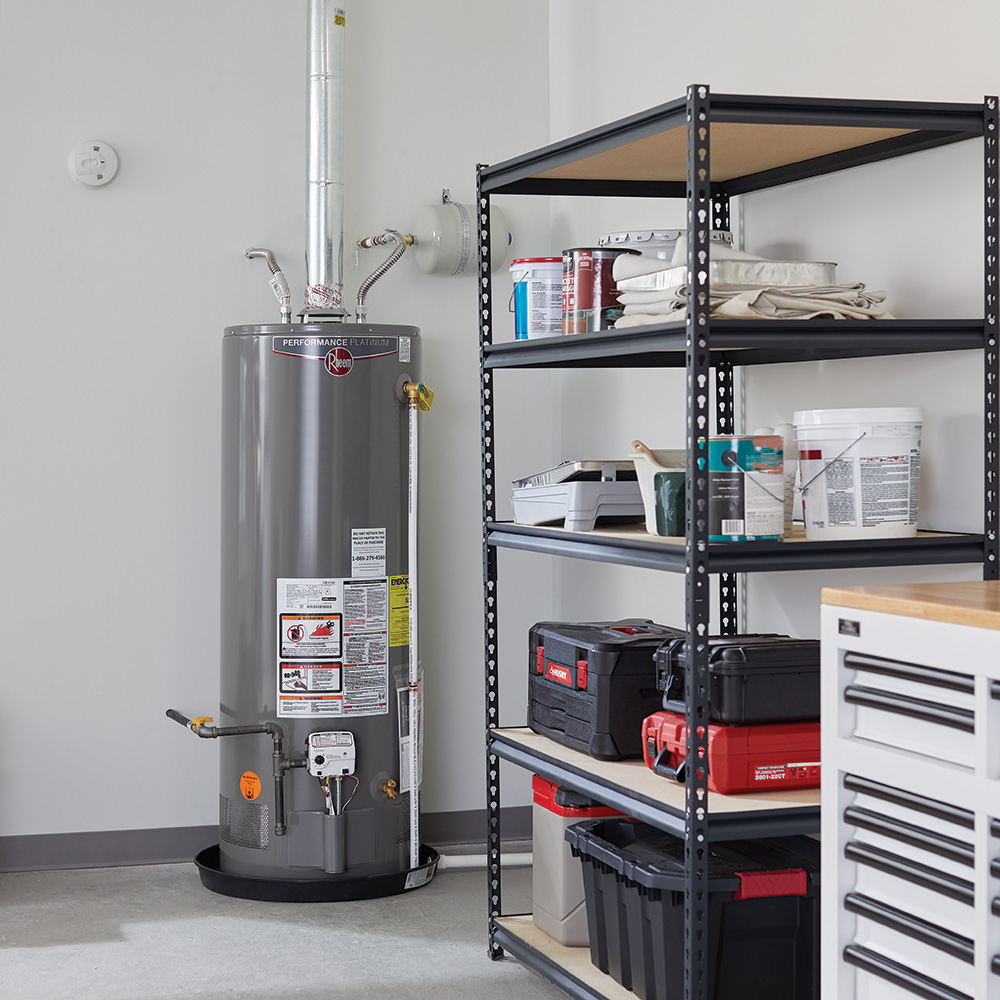Water Heater Installation for Enhanced Hot Water Efficiency and Functionality
Water Heater Installation for Enhanced Hot Water Efficiency and Functionality
Blog Article
Complete Overview to Water Heating UnitInstallment and Replacement
Understanding the complexities of water heating unit setup and replacement is important for house owners seeking to guarantee effectiveness and dependability in their hot water supply. From choosing the suitable type and dimension to implementing a smooth installment procedure, a number of factors need to be thought about to avoid common mistakes.
Kinds of Hot Water Heater
When thinking about water heater installment and substitute, it is important to comprehend the various kinds of water heating units offered on the market. One of the most typical types consist of storage tank hot water heater, tankless water heating systems, warm pump hot water heater, and solar water heaters.
Storage tank water heaters are conventional systems that save a particular quantity of hot water, making them readily available when required. In comparison, tankless water heating systems supply warm water on demand, getting rid of the demand for storage space.
Heatpump water heating systems make use of electrical power to move warmth from the air or ground to heat water, providing substantial power financial savings yet requiring even more room and particular setup problems. Solar water heating systems harness solar power to warmth water, giving an eco-friendly option with potential long-term cost savings, although they typically need a backup system for cloudy days.
Comprehending these choices guarantees informed decisions pertaining to installment and substitute, accommodating particular requirements and preferences.
Selecting the Right Size
Choosing the appropriate size for a hot water heater is crucial to ensure optimal efficiency and effectiveness. An unit that is also small will certainly have a hard time to meet family demands, leading to irregular warm water schedule and boosted energy intake. On the other hand, an extra-large water heating unit can lead to unneeded energy waste and greater utility costs.
To figure out the right dimension, consider the house's top warm water usage. This can be computed based on the number of residents and their typical warm water needs. A family members of four may call for a water heater with a capability of 50 to 80 gallons, depending on the use patterns, such as synchronised showers and laundry.
Furthermore, analyze the healing price, which gauges how rapidly a heating system can replenish hot water after it has actually been made use of. For tankless models, focus on the circulation price, measured in gallons per minute (GPM), to guarantee it meets the home's synchronised need.

Setup Refine Summary

Next, the old system should be separated and eliminated, taking care to adhere to local codes and laws relating to disposal. Once the old device is out, the new water heating system can be positioned in position. This action involves attaching the supply of water lines, making certain that all fittings are leak-free and safe.
After establishing water links, it's important to attach the power supply, whether electric or gas, complying with the manufacturer's directions meticulously. When all links are made, the system should be full of water, and the power can be transformed back on. Lastly, it is very important to inspect for leakages and ensure the water heating unit is operating correctly prior to finishing the installation procedure.
Usual Installation Mistakes

Another frequent blunder is overlooking to follow neighborhood codes and policies. Failing to stick to these criteria can not just cause safety and security threats yet might also result in expensive penalties or the demand for expensive reinstallation. Additionally, improper airing vent is an important issue. Insufficient air flow can trigger dangerous gas accumulation, posing severe wellness dangers.
Falling short to protect connections or using the wrong kind of installations can lead to leaks and water damage. By preventing these typical installation blunders, home owners can ensure their water heater runs securely and effectively, taking full advantage of performance and long life.
Maintenance Tips for Longevity
Correct maintenance of a hot water heater is crucial for its durability and optimal efficiency. Routine evaluations and maintenance can stop costly fixings and prolong the device's life expectancy. Begin by inspecting the temperature level setting; it should commonly be set between 120 ° F and 140 ° F for ideal energy efficiency and safety and security.
Every six months, purge the container to get rid of sediment build-up, which can impair home heating efficiency and trigger rust. To do this, shut off the heating unit, connect a pipe to Learn More the drain valve, and let the water run till it is clear.
Anode rods must be inspected every year and changed when they are worn away. These rods assist protect against tank rust by bring in corrosive elements in the water.
Furthermore, examine the stress safety valve on a regular basis to guarantee it is functioning properly. This shutoff is vital for avoiding too much stress buildup within the storage tank.
Last but not least, think about setting up a professional maintenance check every couple of years for comprehensive assessments and maintenance. By adhering to these maintenance ideas, homeowners can considerably improve the performance, safety, and life expectancy of their hot water heater, making certain reliable hot water for many years ahead.
Final Thought
In verdict, appropriate installation and upkeep of water heaters are essential for making sure efficiency and long life. By comprehending these essential facets, property owners can attain a trustworthy hot water supply while lessening potential problems related to water heating unit operation.
Comprehending the intricacies of water heating unit setup and substitute is important for home owners seeking to make sure efficiency and dependability in their warm water supply.Tank water heating units are traditional systems that keep a details volume of warm water, making them conveniently available when required. In comparison, tankless water heaters supply warm water on demand, removing the need for storage space. Picking a water heater that is either useful site also small or also large can lead to ineffectiveness, resulting in poor hot water supply or excessive energy intake.
By understanding these vital facets, homeowners visit their website can accomplish a reliable hot water supply while lessening potential issues associated to water heating system procedure. plumber Denton.
Report this page